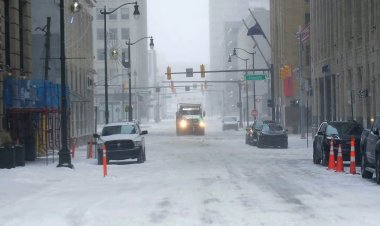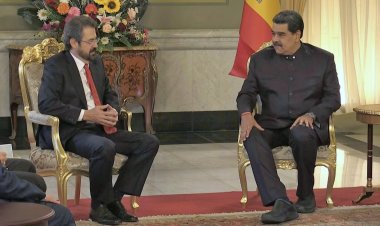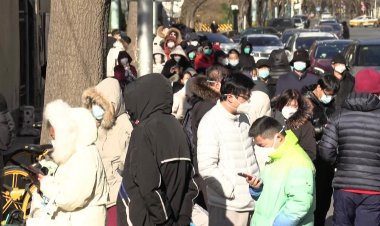Iran strikes Israel in missile retaliation

Iran launched a significant missile and drone attack on Israel, including Tel Aviv, in retaliation for Israeli airstrikes earlier that day targeting Iranian nuclear and military facilities. The Israeli operation, dubbed "Operation Rising Lion," resulted in the deaths of several high-ranking Iranian officials, including Gen. Hossein Salami and Mohammad Bagheri, as well as key nuclear scientists.
In response, Iran fired over 100 missiles and drones toward Israel, triggering air raid sirens and bomb shelter orders nationwide. Explosions were reported in Tel Aviv and Jerusalem, with at least one missile impacting central Tel Aviv, causing a thick column of smoke . The Israeli military's Home Front Command instructed residents across the country to move into shelters ahead of the expected Iranian missile attack.
Explosions were heard over Tel Aviv and Jerusalem as sirens sounded across Israel following what the country's military spokesman said was the firing of missiles from Iran.
Iran's state news agency IRNA said hundreds of ballistic missiles had been launched in retaliation for Israel's biggest ever attacks on Iran, blasting Iran's huge underground nuclear site at Natanz and wiping out its top military commanders.
Iran's Supreme Leader Ayatollah Ali Khamenei vowed severe punishment for Israel's actions, stating that the military was prepared to counterattack. Global reactions included calls for de-escalation from European leaders, while regional actors like Jordan and Iraq condemned the Israeli offensive .
The situation remains volatile, with both nations on high alert and the international community urging restraint to prevent a broader regional conflict.
As evening fell on Friday, Iranian media reported explosions on the northern and southern outskirts of Tehran and at Fordow, near the holy city of Qom, a second nuclear site which had been spared in the first wave of attacks.
Air defences were activated across Tehran and explosions could be heard in Isfahan.















